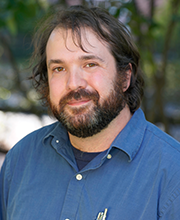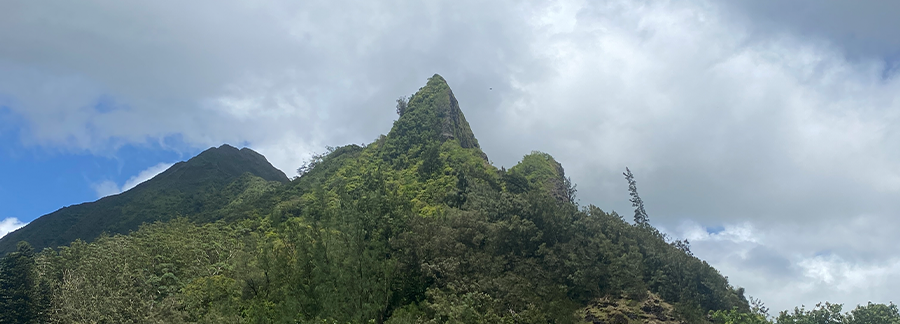Environmental Humanities Seminar with Rebecca Hogue
Plimpton Room (Barker 133)Rebecca H. Hogue (she/they) grew up on the island of Oʻahu and writes about empire, militarization, and the environment in the Pacific Islands and Oceania. Her current book project, Nuclear Archipelagos, examines Indigenous women’s anti-nuclear arts and literatures in the Pacific. Her work can be found in The Journal of Transnational American Studies, Amerasia, Critical Ethnic Studies, International Affairs, and elsewhere. Her research has been supported by the Andrew W. Mellon Foundation, the American Council of Learned Societies, the Harvard University Asia Center, and the Provostial Fund for the Arts and Humanities. She holds a PhD in English with a Designated Emphasis in Native American Studies from the University of California, Davis and has taught at UC Davis, Brown University, and in the History & Literature concentration at Harvard. In 2024, she will join the faculty at the University of Toronto as an Assistant Professor in the Department of English.



